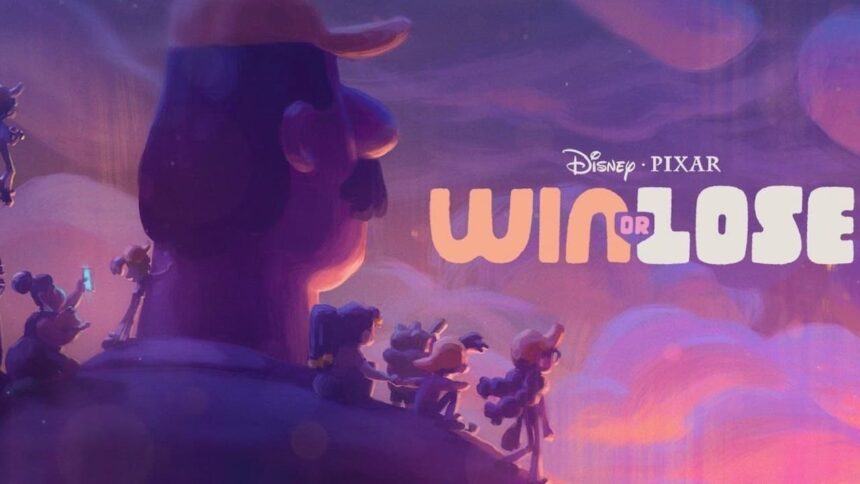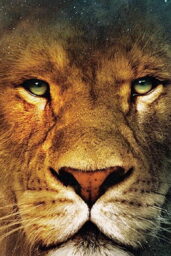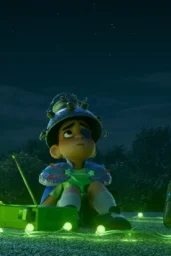In a recent controversy that has left Pixar and Disney in the spotlight, a transgender storyline intended for the studio's upcoming series Win or Lose was reportedly scrapped. According to The Hollywood Reporter (THR), the series' central character was initially written as transgender but will now be portrayed as cisgender. The change, allegedly driven by top Disney executives, has ignited strong reactions from within Pixar, with some staff expressing frustration and heartbreak over the decision.
Sarah Ligatich, a former assistant editor at Pixar, shared her disappointment, recounting how creatives “cried” over the removal of the storyline. She pointed out that the episode, described as “beautifully illustrated,” had the potential to resonate deeply with marginalized viewers. It was hailed by its supporters as a narrative that could “save lives.” Critics, however, question whether animation—especially content targeting children—is the right platform for such topics.
Ligatich also highlighted a conversation with then-Disney CEO Bob Chapek, who allegedly referred to animation as a “conservative medium.” This sentiment, coupled with Disney CEO Bob Iger's recent remarks about wanting to “quiet things down” amid ongoing culture wars, suggests a deliberate shift in Disney's creative direction. According to reports, Pixar has also been advised to tone down other progressive themes, such as environmentalism in the upcoming film Hoppers.
The debate over Win or Lose raises fundamental questions: Should children's media address complex social issues, or should it remain a haven for universal stories? Proponents argue that representation fosters understanding and inclusion. On the other hand, critics contend that such narratives might impose adult perspectives on impressionable audiences.
Disney's stance to prioritize “entertainment first, not messages,” as Iger emphasized, reflects broader cultural tensions. As parents and stakeholders debate the boundaries of storytelling for children, studios face increasing pressure to strike a balance between innovation and tradition.
Personal Impressions: The controversy surrounding Win or Lose underscores the delicate responsibility filmmakers bear when crafting stories for children. While representation is undeniably important, the medium of children's entertainment requires careful consideration. Stories should inspire, entertain, and enrich young minds without introducing themes that might be better explored in content for older audiences.
In this case, Disney's decision appears to align with a more traditional vision for family-friendly storytelling, yet it has sparked disappointment among those advocating for broader representation. Ultimately, the focus should remain on delivering narratives that unite rather than divide audiences.
Do you believe children's media should tackle complex social issues, or should it stick to universal themes? How can studios strike a balance?












